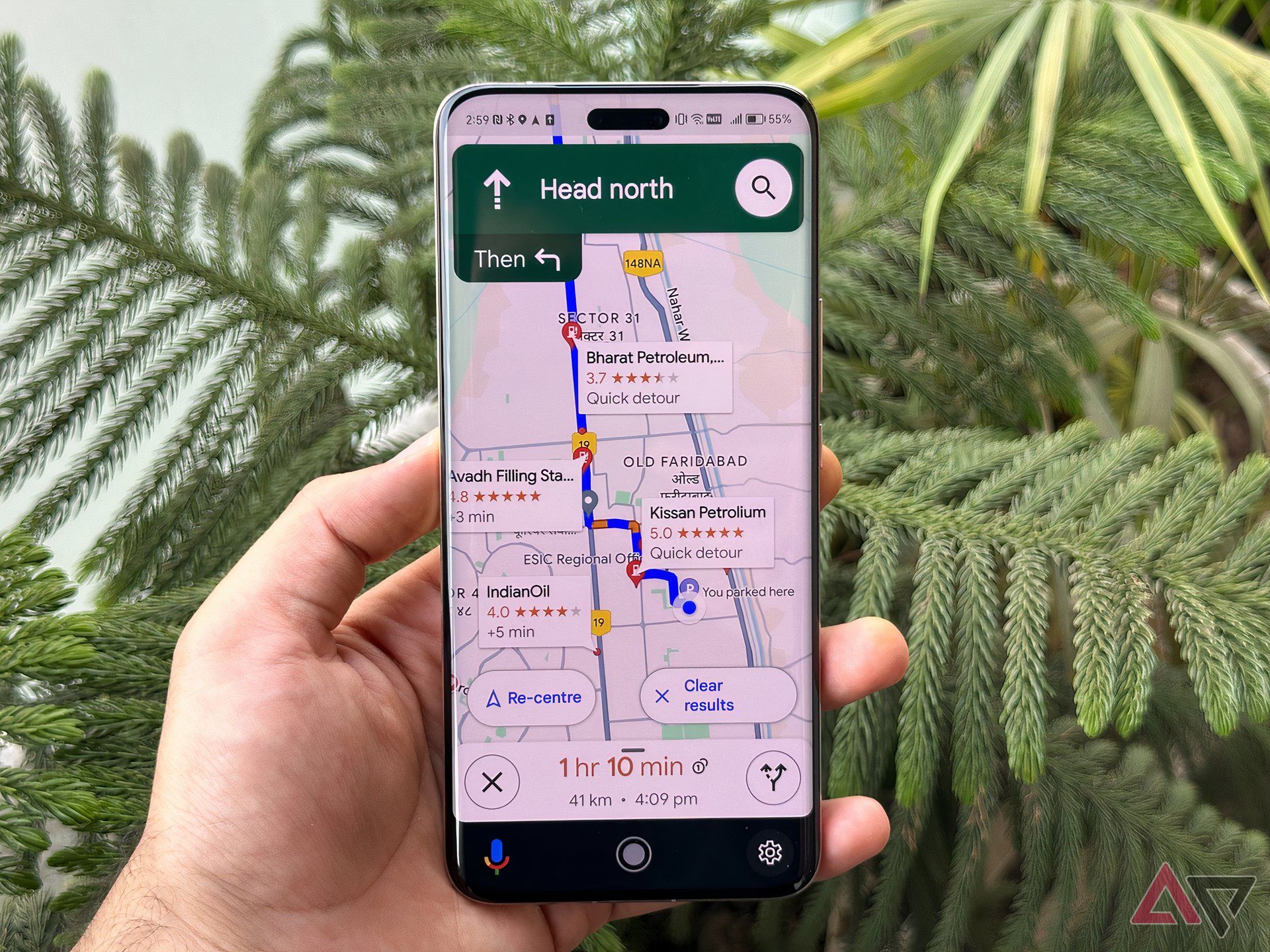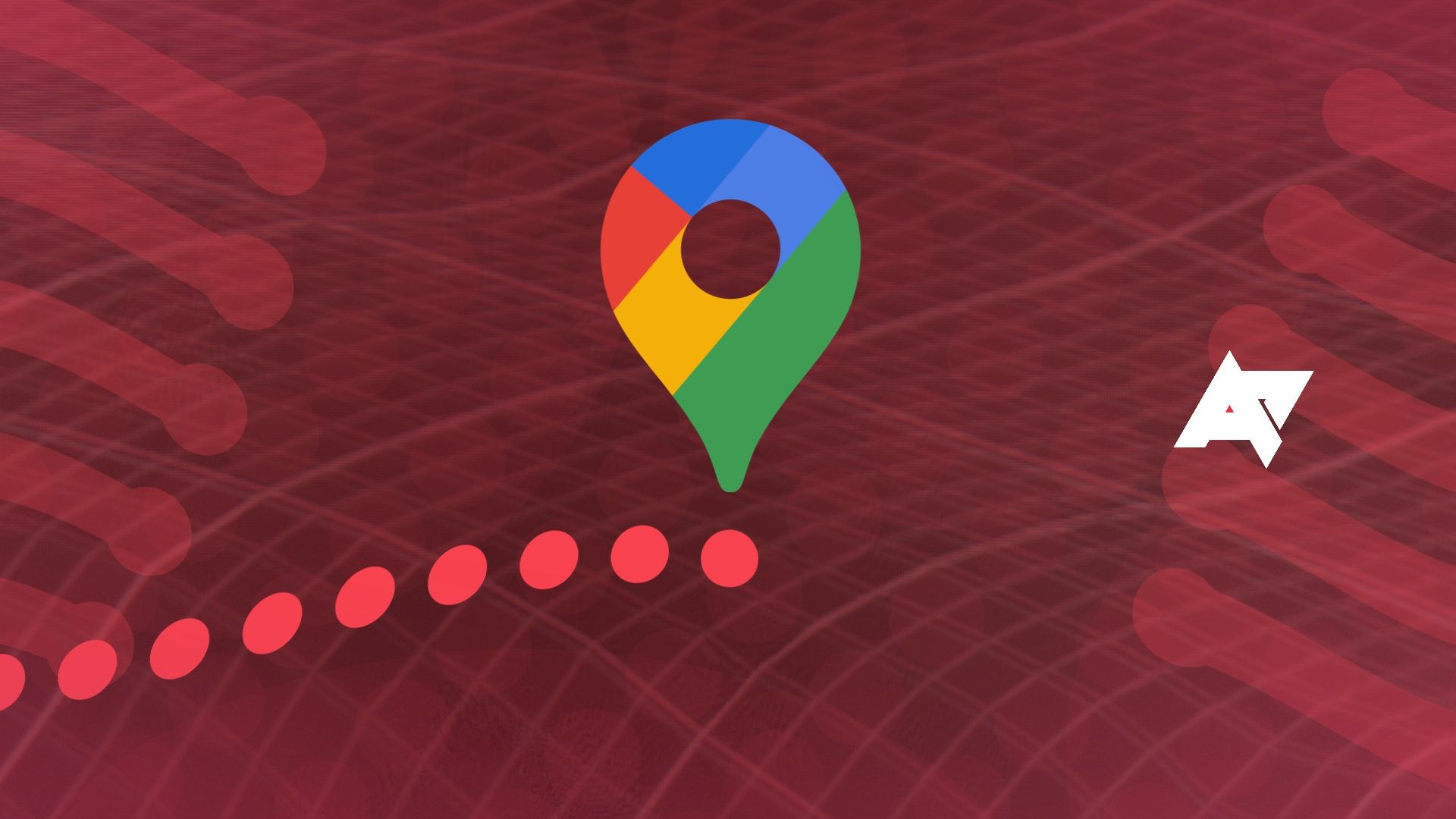Summary
- Google Maps uses dashcam videos from select partners in the UK only for road data updates.
- The program focuses on privacy by blurring faces, plates, and analyzing short, specific videos.
- There’s no apparent need for concern, as Google follows a professional route with opt-in, anonymous data collection.
The keen eye of Android Police editor Dallas Thomas recently spotted a new Google Help Center page entitled Collecting imagery from third-party providers (dash cam), and nobody else has noticed yet. Google hasn’t announced or even hinted at the initiative, either, which could spark a little distrust among the most privacy-minded.
We assigned a crack team of investigators (actually just one guy) to make sure everything’s on the up-and-up. After some thorough sleuthing that included furiously Googling popular privacy topics and speed-scrolling social media in search of up-in-arms Google Maps users, we managed to get to the bottom of it. So far, average folks don’t need to worry about Google scraping their dashcam videos.

7 privacy-focused Android apps I use to keep my data secure
Essential Android apps to lock down your data
Yes, Google uses dashcam video to keep Maps up to date
No, it doesn’t scrape imagery from the general public
Dunking on everybody’s favorite data-scraping tech behemoth always makes for good reading. Acknowledging its legitimately worthwhile contributions doesn’t generate as much excitement, but Google Maps makes a lot of lives easier and doesn’t cost a cent to use. In that light, going the extra mile to provide as much up-to-date road information seems like a worthy endeavor.
This apparently new initiative serves to inform Google about dynamic driving situations. Four things stand out as indications the approach is brand new, and, for all we know, could even be a temporary experiment:
- The recently published Help Center appears to be the only publicly available information on the program thus far, with no press releases or other references to be found.
- The program uses imagery from only two partners: Geopost, Europe-based owner of popular international shipping solutions like DPD, and Nextbase, the UK’s leading dashcam provider, and steward of the exclusively opt-in Road Safety Club.
- Google uses speed limit updates as an example of the initiative’s purpose, explicitly mentioning no other uses.
- The tactic appears to be limited to the UK at the moment.
The world’s leader in digital road maps dedicates an entire section of the Help Center page to explaining its focus on privacy with the apparently new measure. You’ll know if your dashcam contributes because you’re either a Geopost delivery driver in the UK, or an intentional member of Nextbase’s Road Safety Club. In the first case, accepting the conditions is likely a job requirement. In the second, it’s entirely up to the consumer whether they want to take part.
Furthermore, not only does Google not publish the provided dashcam video, it also blurs faces, license plates, and other identifiable information before feeding the content through AI and a team of engineers to analyze useful data. It also only utilizes short videos, recorded specifically where it needs to check for changes, and deletes the content after using it.
Where does Google harvest dashcam data?
Not in most of the world — only in the UK, at present
At first glance, one might worry this sets a poor precedent, and could open the door to less scrupulous video-scraping in the future. It seems like those fears are unfounded, partly because it openly mentions and links to the project’s two partners. Geopost references its UK privacy policy, but no other country’s, which likely indicates no other countries’ delivery drivers participate, given the varying (and sometimes quite strict) privacy laws throughout the EU, where Geopost does most of its business. Nextbase’s Road Safety Club exists for purposes just like this, and by all accounts operates in the UK only.
We’re monitoring this situation for any announcements (or even mere acknowledgments) from Google. For the foreseeable future, the ostensibly new program doesn’t appear to introduce any privacy concerns. And it’s nice to know that Google’s going through professional, well-organized routes to gather data on an opt-in, anonymous basis. In any case, we’ll update if and when we learn more.

7 problems I wish Google Maps would fix to make the service better
It’s great for finding your way, but not so great for finding your zen




